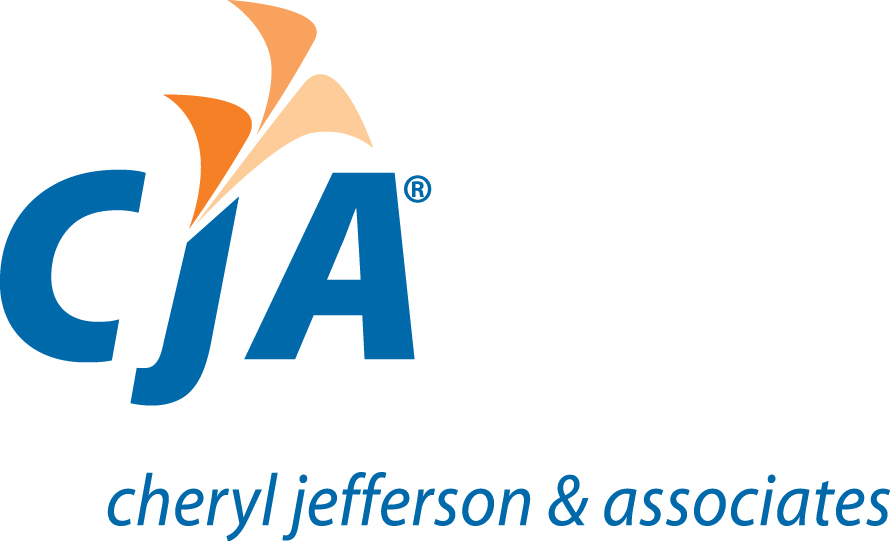Firm Fixed Price Contracts
Federal Acquisition Regulations (FAR) 16.202-1 describes a firm fixed price contract (FFP) as a contract which “provides a price that is not subject to any adjustment on the basis of the contractor’s cost experience in performing the contract.” In other words, it is a contract with a set price regardless of the costs that the contractor incurs. This puts all the risk on the contractor.
There are two basic forms of payment with FFP’s: progress payments and deliverables. With the new Accounting Standards Update of Topic 606 Revenue from Contracts with Customers (begin with p18), it is important to pay attention to the form of payment. How the contract details the performance obligations, determines how the revenue and costs are recorded in the books. These changes went into effect for public companies Dec 15, 2016. For non-public companies, these changes will be effective Dec 15, 2017.
Accounting for Firm Fixed Price without Deliverables
For FFP contracts without clearly defined deliverable, deliverables that stand alone, or, or time-based measures of progress require that the accounting for revenue is still based on percentage of work completed (p26). For example; a five year contract that pays monthly equal progress payments may fall within this definition. Assuming work is spread out evenly over the five years, at the end of year one, the accounting department records twenty-percent (20%) of the contract price as revenue. Accounting records any excess billings as a liability; such as billings in excess of cost or unearned revenue. If the company bills less than the twenty-percent (20%) as of year-end, then accounting would record as revenue the difference and also as a receivable, often called unbilled receivables.
Accounting for Firm Fixed Price with Deliverables
Contracts based on deliverables is where the most change will be seen in revenue recognition. Topic 606 (p7-8) states, revenue should be recognized “when (or as) the entity satisfies a performance obligation”. For example, a company takes a contract to produce a software program with payment once the program has been installed. If it takes three years for the company to produce the software and install it, the company cannot record revenue until the software is installed. This means for years one and two, the costs are recorded on the balance sheet as a Work-In-Progress (WIP). In year three when the contract requirements are met, accounting moves the costs from the WIP account to the income statement as expense and records the revenue in full. In this scenario, how the contract is written and the delineation of performance obligation is extremely important for financial reporting.
Conclusion
It is important to know the type of contract and the payment plans when entering into a FFP contract. Talk to your accountant before entering into a contract. If you are already in a contract and have not talked to your accountant, talk to her now! Make sure you are recording revenue correctly.
Contributed by Jamie M. Shryock, CPA
